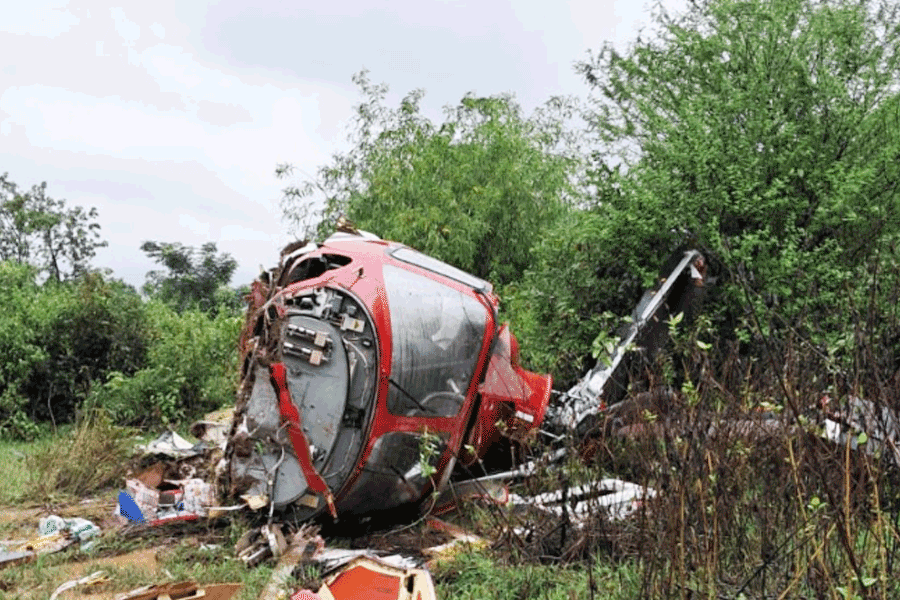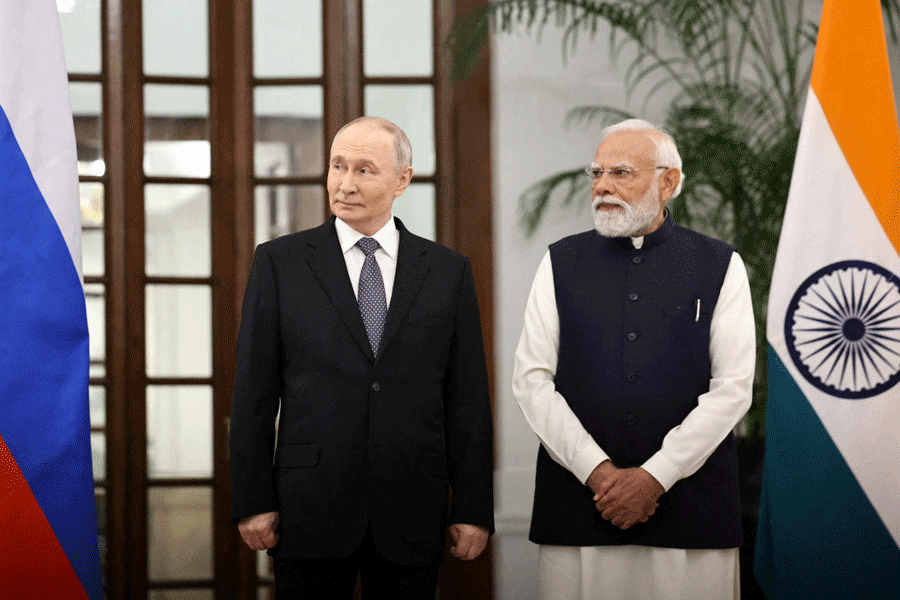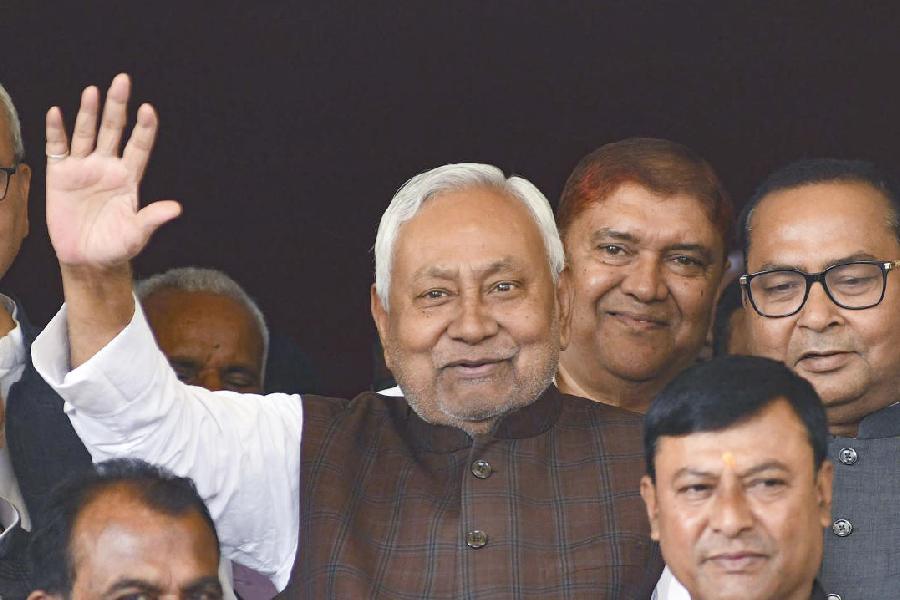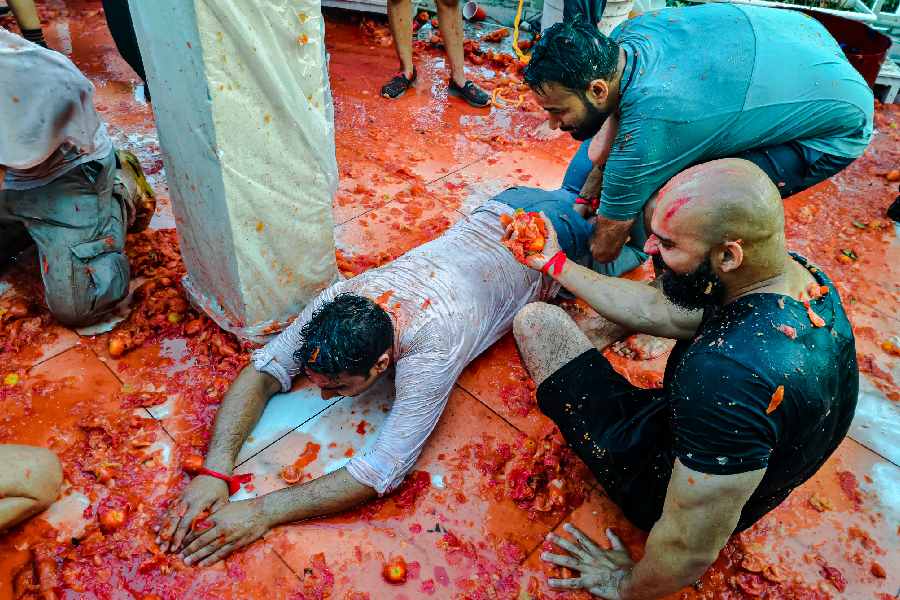Aeroplane accidents, quite understandably, take up the lion’s share of the attention of the media, the public, the government, and its regulatory institutions. The recent, horrifying crash of a Boeing plane in Ahmedabad is a case in point. But there is another aspect of civil aviation that should be given the institutional attention that it deserves: this concerns the periodic fatalities involving helicopters used for civilian engagements, especially ferrying tourists to remote areas. In the latest example of such a mishap, a Bell 407 helicopter carrying devotees from Kedarnath to Guptkashi crashed on Sunday morning, killing all seven people on board. Fatalities as a result of chopper accidents are not novel in India. The nation has lost dignitaries, such as chief ministers and army chiefs, as well as citizens in such accidents. But the aviation routes in Uttarakhand, given the challenging terrain and weather conditions, seem to be the most perilous. Reports suggest that as many as five helicopter accidents have taken place in the state in the last 40 days. This is not without reason. There are allegations that tour operators in Char Dham — profit seems to be their sole consideration — not only violate safety norms but also compel helicopter personnel to fly disregarding weather conditions. The doomed Bell helicopter was flying despite poor visibility; permission to fly under such weather conditions must be attributed to institutional complicity. Burgeoning demand, dubious claims of safety checks as well as alluring pricing to lure pilgrims and tourists are some of the other causal factors that need to be looked into by the authorities concerned.
The right noises are being made — but after yet another tragedy. The ministry of civil aviation has directed the Directorate General of Civil Aviation to ensure that all standard safety protocols are adhered to when it comes to chopper operations, especially those in challenging terrain. But policy intervention needs to go beyond strictures on paper: accountability must be demanded from those guilty of lapses and punitive action taken against them. This is all the more important given that the market of helicopter tourism in India is expected to expand. But burgeoning commerce and its consequences — profiteering — cannot be allowed at the expense of public safety. The lives of passengers come first.











